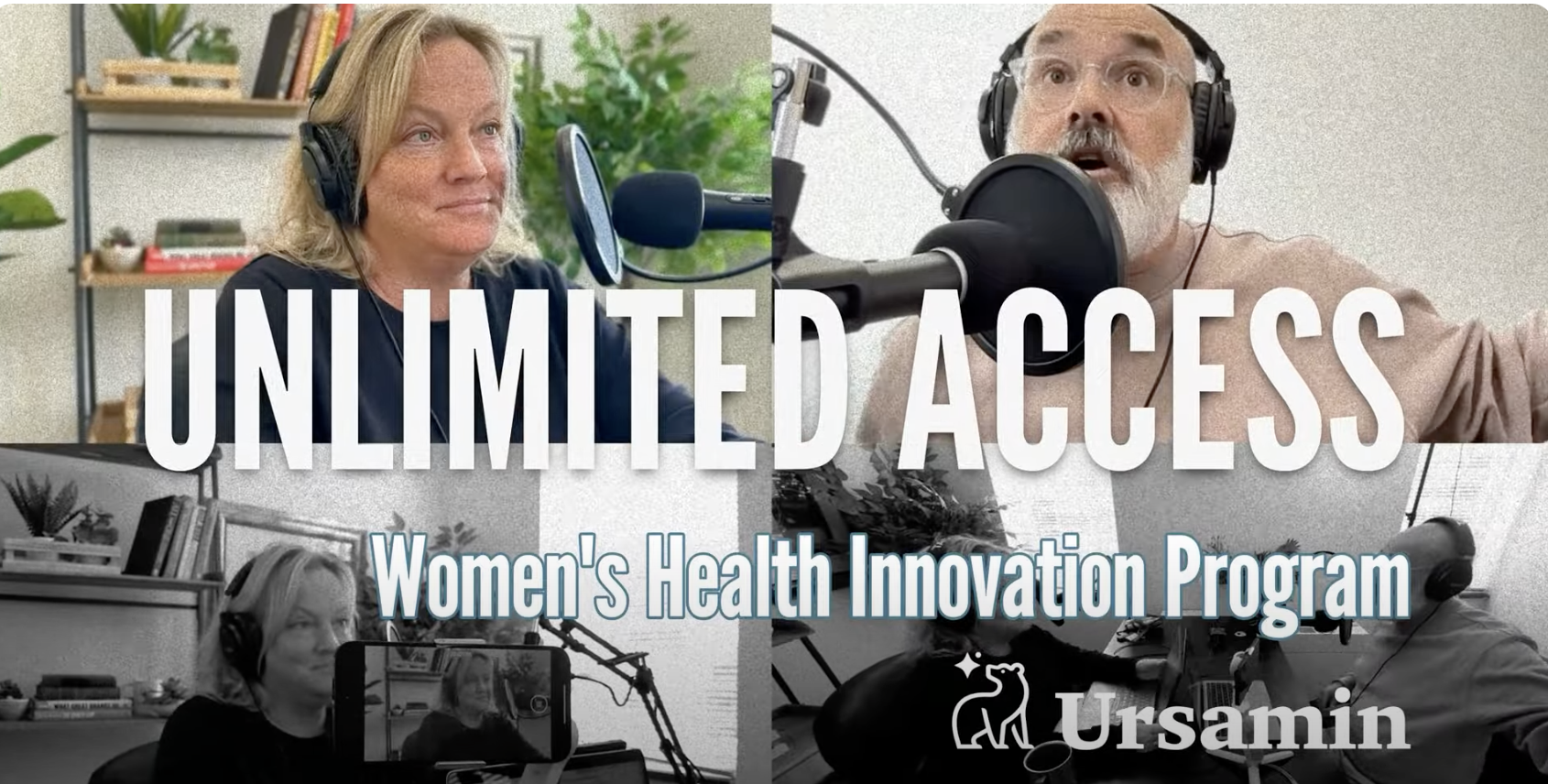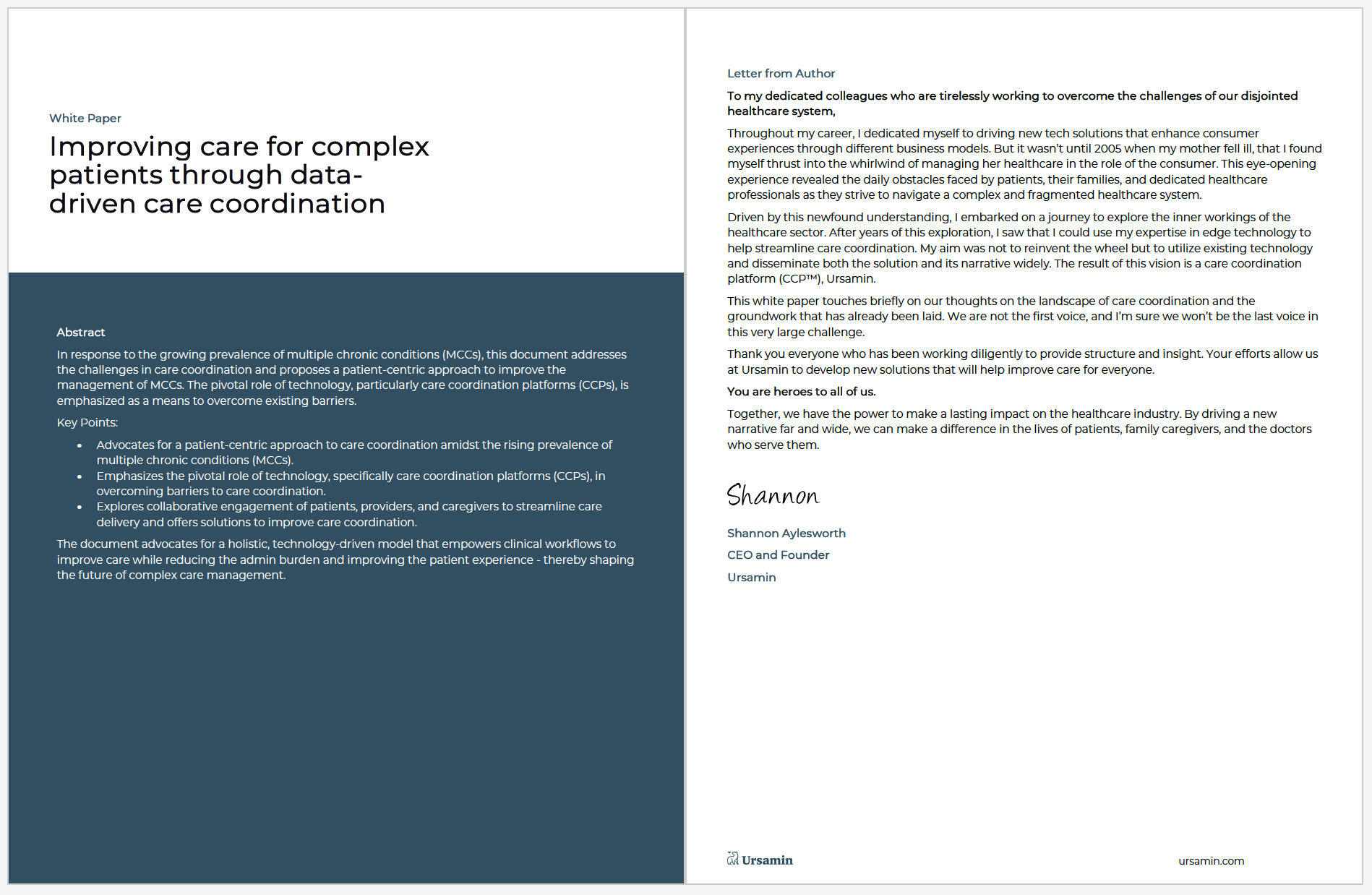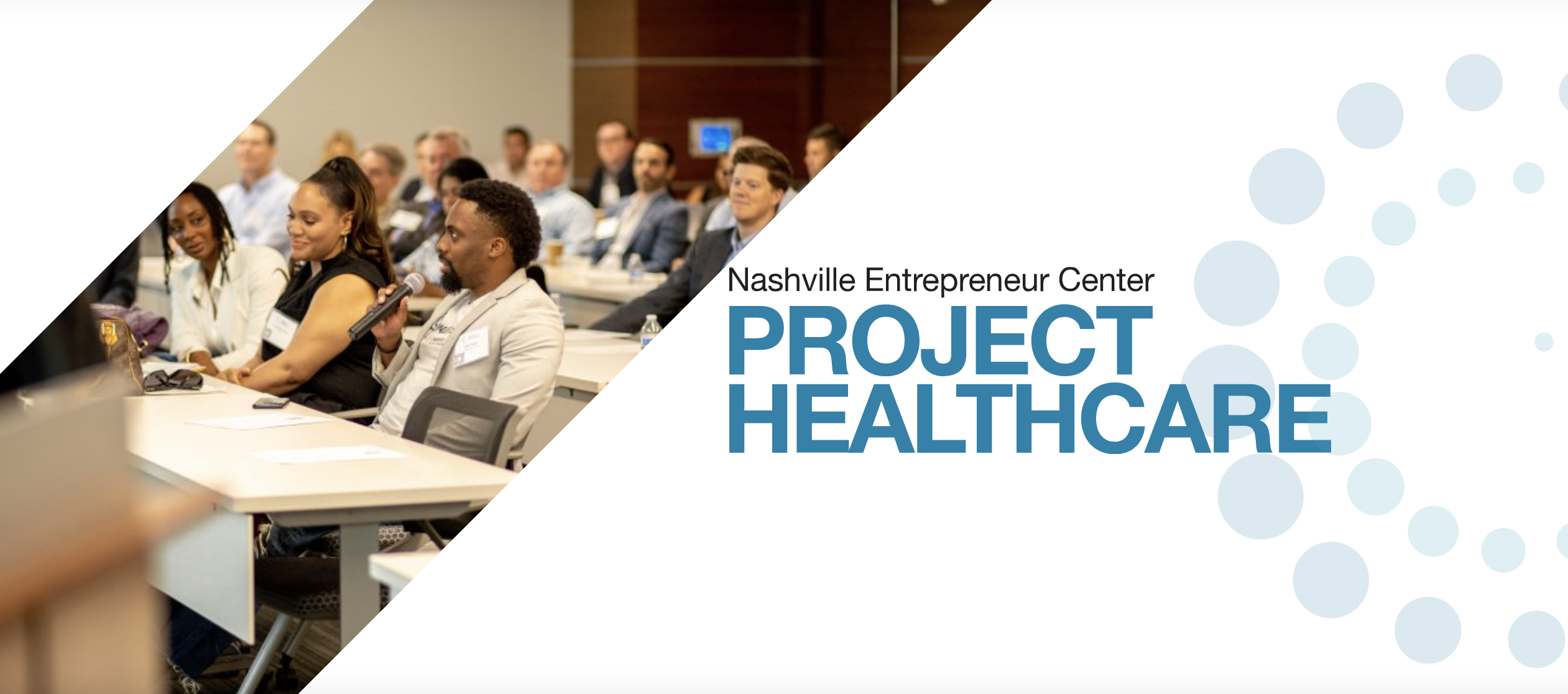This topic became the center of our discussion on Ursamin’s Unlimited Access Podcast, where we dove into the striking findings of a report by AARP. The report sheds light on the huge value of unpaid caregiving: a whopping $600 billion. It discusses the significant economic, physical, and emotional costs shouldered by unpaid caregivers, predominantly family members.
The Invisible Workforce
As the global population ages, the demand for at-home care rises. Most prefer to age in place for a higher quality of life and lower healthcare costs. However, this shift necessitates transitioning from healthcare professionals to family members or loved ones who become the primary caregivers. These caregivers frequently provide 23 hours of care each week, which can rise to 48 hours in highly stressful medical situations involving multiple chronic illnesses.
Yet, this massive commitment often goes unrecognized and uncompensated, presenting a substantial loss of productivity to the national economy. The situation becomes even more critical when the caregiver has to leave their paying job to care for their loved ones, thereby losing income while taking on unpaid caregiving responsibilities.
The Emotional Toll of Caregiving
Beyond the economic implications, caregivers’ emotional burden cannot be understated. The administrative complexities, lack of knowledge, and guilt associated with caregiving can be emotionally draining. Not knowing or understanding the available resources or feeling ill-equipped to provide proper care can trigger guilt and stress.
At Ursamin, we aim to alleviate these stressors by providing an integrated platform that centralizes necessary information, answers pressing questions, and directs caregivers to the necessary resources. Our mission is to help caregivers shift from being bogged down by administrative tasks and instead spend quality time with their loved ones, fostering healthier relationships.
A Collective Responsibility
While AARP suggests more support from federal, state, and local governments, it’s crucial to consider other stakeholders, such as insurance companies, hospitals, and the overall economy.
At Ursamin, we are working with these stakeholders to emphasize recognizing and supporting caregivers. We propose making caregivers integral to patient care plans, clarifying their roles, and ensuring access to all necessary resources.
The key is transitioning from a solely patient-oriented system to a more inclusive model where the caregiver is recognized as a central part of the caregiving process. This means advocating for policies that directly involve caregivers, addressing legal hurdles around personal health information, and ensuring patient consent for caregiver involvement.
Conclusion
Caregiving is an inevitable part of life. As we age, we either become caregivers or require one. We believe it’s essential to acknowledge caregivers’ pivotal role and equip them with the resources they need to provide effective and loving care.
Remember, at Ursamin, we believe everyone makes better health decisions with access to all the necessary information. Please contact us on our app if you have questions or need support.
Finally, in recognition of National Caregiver Month, let’s take a moment to celebrate all caregivers. You are the unseen heroes of our healthcare system. Thank you for your dedication and hard work. And remember – nobody’s perfect, not even with their eyebrows.





